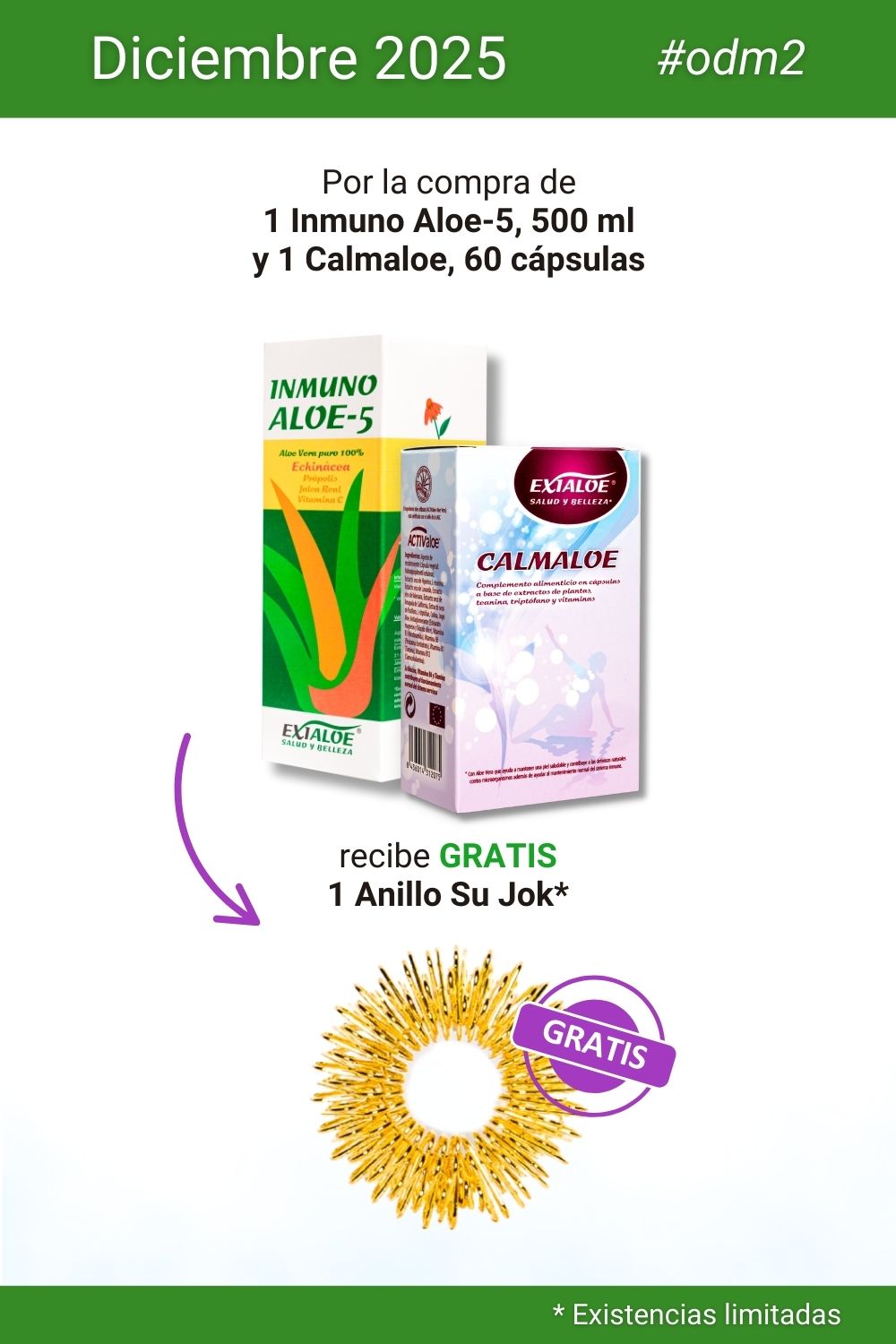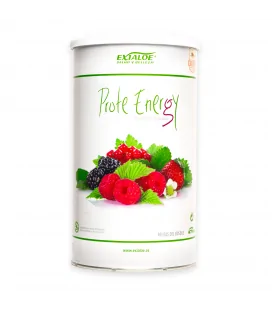El día 24 de diciembre estaremos cerrados por tareas de mantenimiento y el día 25 por ser festivo nacional. Nuestra página web estará operativa como siempre. Rogamos hagáis previsión de vuestros pedidos puesto que el día 24 y 25 no se realizarán envíos.

Vitamin D
What is vitamin D?
Also called calciferol, vitamin D is one of the fat-soluble vitamins essential for the normal formation of bones and teeth and for the absorption of calcium at the intestinal level. Vitamin D deficiency can cause osteoporosis and rickets.
Vitamin D can be obtained in two ways:
- By exposing the sun's ( UV) rays.
- By the consumption of foods rich in this vitamin, such as milk and egg.
Functions
One of the main functions of vitamin D is to help the body absorb calcium, one of the minerals essential for normal bone formation. In childhood it is used to produce and maintain the bone system.
Vitamin D also plays an indispensable role in organ maintenance. Some of the functions in which it intervenes are:
- Regulation of calcium and phosphorus levels in the blood.
- It promotes the intestinal absorption of phosphorus and calcium from food and the reabsorption of calcium at the renal level.
- It participates in the development of the skeleton by contributing to bone formation and mineralization.
- It intervenes in the processes of the immune system.
- It could have antitumor properties.
- Anti-aging functions.
Deficiency
There are situations in which not enough calcium is acquired with the diet leading to a deficiency of Vitamin D. The consequences of this is that it increases the risk of developing rickets, in the case of children and, osteoporosis, hypocalcemia (low concentrations of calcium in the blood) and osteomalacia (pathology that weakens the bones), in the case of adults.
In addition, the deficiency could also be linked to the decrease in cognitive function and the appearance of chronic diseases, the most frequent being breast, colon, prostate and ovarian cancers, chronic fatigue, psoriasis, rheumatoid arthritis, tuberculosis, diseases cardiac diseases, immunological or mental diseases, such as depression and seasonal affective disorders, among others.
Finally, vitamin D deficiency can cause muscle function to be altered and misdiagnoses of pathologies such as fibromyalgia are made.
"In our environment , the deficiency of this vitamin is very common, which is involved in bone metabolism, but which is also associated with other tissues and systems," explains Professor Victoria Arija, Professor of Preventive Medicine and Public Health at the Rovira y Virgili University of Tarragona. "A deficient supply of Vitamin D through the diet or due to low sun exposure is related to cancer, cardiovascular and autoimmune diseases, diabetes and depression," says Arija.
Vitamin D deficiency is easily treatable by taking supplements. "In the scientific evidence it has been observed that the supplementation of this vitamin helps in the prevention of falls in elderly people," illustrates the professor.
Risk groups
The main people at risk of deficiency are:
- Over 50 years old. The ability to convert nutrients into vitamin D decreases with age. The kidneys, for example, are one of those responsible for conversion and from that age they do not work as well as those of younger people.
- Seniors.
- Individuals who are obese may have less circulation of this vitamin.
Sources of Vitamin D
The body produces vitamin D with direct exposure to the sun (it is not obtained in enclosed spaces through windows). Exposure for 10 or 15 minutes three times a week usually covers the body's needs for this vitamin. However, if people do not live in very sunny places they will have to resort to diet and supplements.
The main food sources where it can be found are:
- Fatty fish: they are the best option. Tuna, mackerel and salmon contain large amounts of vitamin D.
- Liver oils from fish, milk, eggs and butter.
- Meats.
- Mushrooms.
Many foods are reinforced with vitamins, such as cereals that are usually consumed at breakfast, orange juice or yogurt.
Vitamin D in Exialoe
At Exialoe we can find products that can help us meet the daily requirements of vitamin D to maintain strong health. Let's highlight among them:
Aloe Juice with Royal Jelly and Vitamins: It is a liquid food supplement with sweetener, based on natural aloe juice stabilized in cold, with Royal Jelly, honey and vitamins A, D and E.
The Aloe Vera juice used is 100% natural, without aloin, with a beneficial effect on fatigue, helping to increase psychic load resistance and stimulate metabolism, in addition to helping to increase immunity.
Exialoe Shakes: Exialoe nutritional shakes are designed to obtain the optimal contribution of people's nutritional needs, with high protein content and low fat content.
It has a balanced proportion of macronutrients (proteins, carbohydrates and essential fatty acids) and micronutrients (such as vitamins,
minerals and trace elements), which makes it ideal in deficiency states, growth and
sport. It is easy to assimilate.
Featured articles
Successfully Overcome Seasonal Allergies
Do you suffer from seasonal allergies or know someone who does? In Spain, 1 in 4 people are affected, but this year...Read More
4 Habits to Care for Your Hair the Way It Deserves
In this article, we'll explore 4 simple habits to give your hair the care it deserves. By following these tips,...Read More
Vacaciones Exialoe 2025 - Galicia











